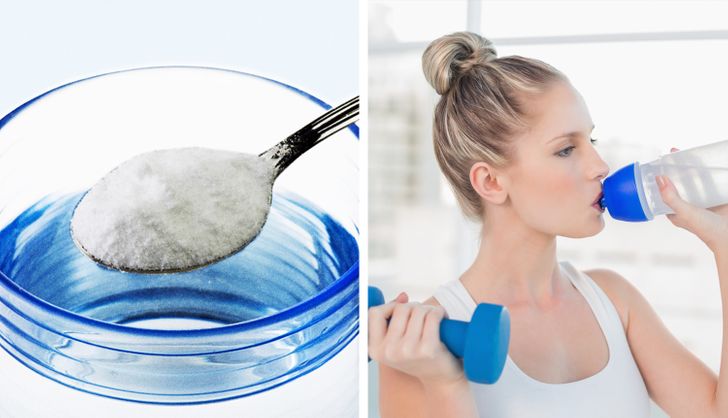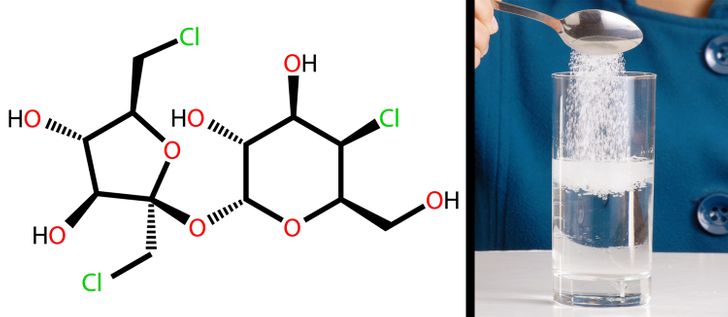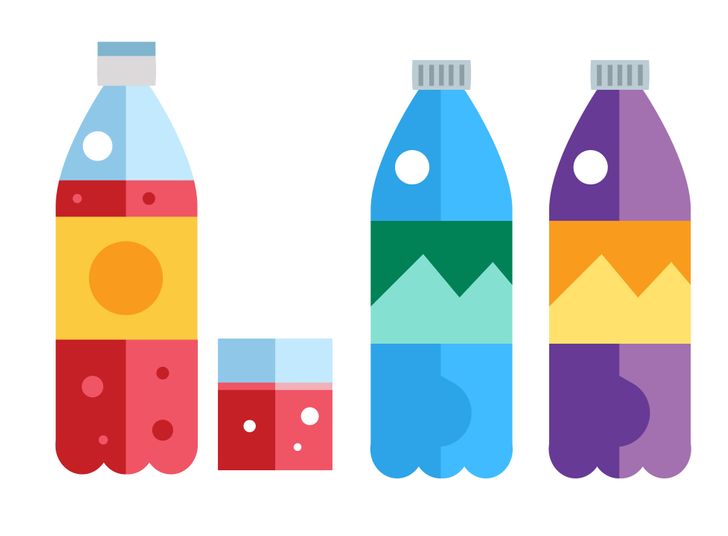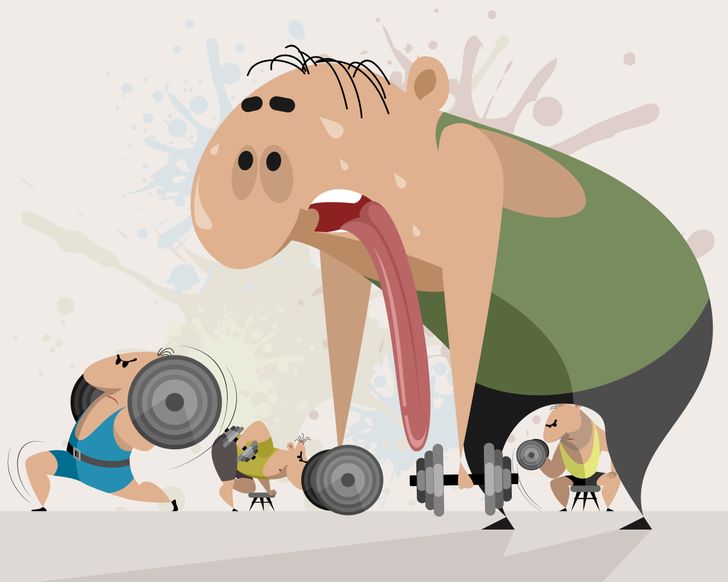In a world obsessed with energy drinks, protein shakes, and electrolyte-infused beverages, sugar water remains a surprisingly simple yet effective option for quick energy and hydration. But what exactly happens to your body when you drink it? Is it a healthy choice, or a shortcut to a sugar crash? This deep dive explores the science, benefits, and potential pitfalls of consuming sugar water—along with actionable tips on how to use it wisely.
Benefits of Sugar Water
Sugar Water Gives Our Bodies a Quick Energy Boost

When you drink sugar water, its glucose is rapidly absorbed into your bloodstream, triggering an immediate energy surge. Simple carbohydrates (like table sugar) bypass complex digestion processes and enter the bloodstream within minutes.
How It Works:
- Blood Sugar Spike: The glucose in sugar water elevates blood sugar levels, signaling the pancreas to release insulin. This hormone helps cells absorb glucose for energy or storage.
- Glycogen Replenishment: During intense exercise, sugar water can refill glycogen stores in muscles and the liver, delaying fatigue.
- Mental Alertness: A 2019 study in Nutrients found that glucose intake enhances cognitive performance during mentally demanding tasks.
Comparison to Other Energy Sources:
Unlike processed energy drinks loaded with caffeine and additives, sugar water provides a “clean” energy boost without artificial ingredients. However, overconsumption can lead to energy crashes, making moderation key.
What Is Sugar Water Made Of? A Simple yet Powerful Formula

Sugar water is a basic mixture of two ingredients: water and sucrose (table sugar). The ratio typically ranges from 1–2 tablespoons of sugar per cup of water, though variations exist depending on its intended use.
Types of Sugar Used:
- White Sugar: The most common choice, offering pure sucrose for quick absorption.
- Brown Sugar or Honey: These add trace minerals and antioxidants, though they slightly slow glucose uptake.
- DIY Recipes: Many athletes mix sugar water with a pinch of salt for electrolyte balance during endurance activities.
Preparation Tips:
Store in a sealed container for up to 48 hours.
Dissolve sugar in warm water for faster integration.
Cool the mixture before consuming.
Why Sugar Water Is Better Than Other Sweetened Drinks

While soda, juice, and sports drinks dominate supermarket shelves, sugar water stands out for its simplicity and versatility. Here’s why:
Lower Caloric Density:
A cup of sugar water (with 1 tablespoon of sugar) contains just 49 calories, compared to 150+ calories in a can of soda.
No Artificial Additives:
Unlike commercial energy drinks with preservatives and artificial colors, sugar water is free from synthetic ingredients linked to long-term health risks.
Hydration Support:
A 2021 study in the Journal of the International Society of Sports Nutrition found that lightly sweetened beverages improve fluid retention better than plain water during exercise.
Cost-Effective:
Making sugar water at home costs pennies per serving, offering a budget-friendly alternative to $3 energy drinks.
When to Choose Alternatives:
While sugar water excels in simplicity, electrolyte-rich drinks like oral rehydration solutions (ORS) are better for severe dehydration or illness.
When Is the Best Time to Consume Sugar Water?

Timing matters to maximize benefits and minimize downsides:
1. Pre-Workout (30 Minutes Before Exercise):
A small serving primes your muscles with glycogen, enhancing endurance.
2. During Prolonged Physical Activity:
Sip diluted sugar water to maintain energy levels during marathons, cycling, or hiking.
3. Recovery After Intense Exercise:
Pair sugar water with protein to replenish glycogen and repair muscle tissue.
4. Managing Hypoglycemia:
For diabetics experiencing low blood sugar, sugar water can quickly stabilize glucose levels (under medical guidance).
5. Morning Energy Boost:
Replace sugary coffee drinks with a lightly sweetened glass of sugar water to avoid caffeine jitters.
Avoid Late-Night Consumption:
The sudden energy spike may disrupt sleep patterns.
Recommended Sugar Water Intake: Balancing Benefits and Risks

While sugar water can be beneficial, overconsumption poses health risks like weight gain, insulin resistance, and tooth decay.
Daily Guidelines:
- The American Heart Association recommends limiting added sugar to 25g/day for women and 36g/day for men.
- Stick to 1–2 servings of sugar water daily (1–2 tablespoons of sugar total).
Who Should Avoid It?
- Individuals with diabetes or prediabetes.
- Those on low-carb or ketogenic diets.
- People with a history of dental cavities.
Healthier Modifications:
Add lemon juice for flavor and vitamin C.
Use coconut sugar or stevia for a lower glycemic index.
Conclusion: Is Sugar Water Right for You?
Sugar water isn’t a miracle drink, but it’s a practical tool for quick energy, workout performance, and hypoglycemia management. Its simplicity, affordability, and lack of additives make it a standout choice compared to processed alternatives—when used in moderation. Always consult a healthcare provider before making it a dietary staple, especially if you have underlying health conditions.
By understanding how your body responds to sugar water and adhering to recommended guidelines, you can harness its benefits without compromising long-term health.









